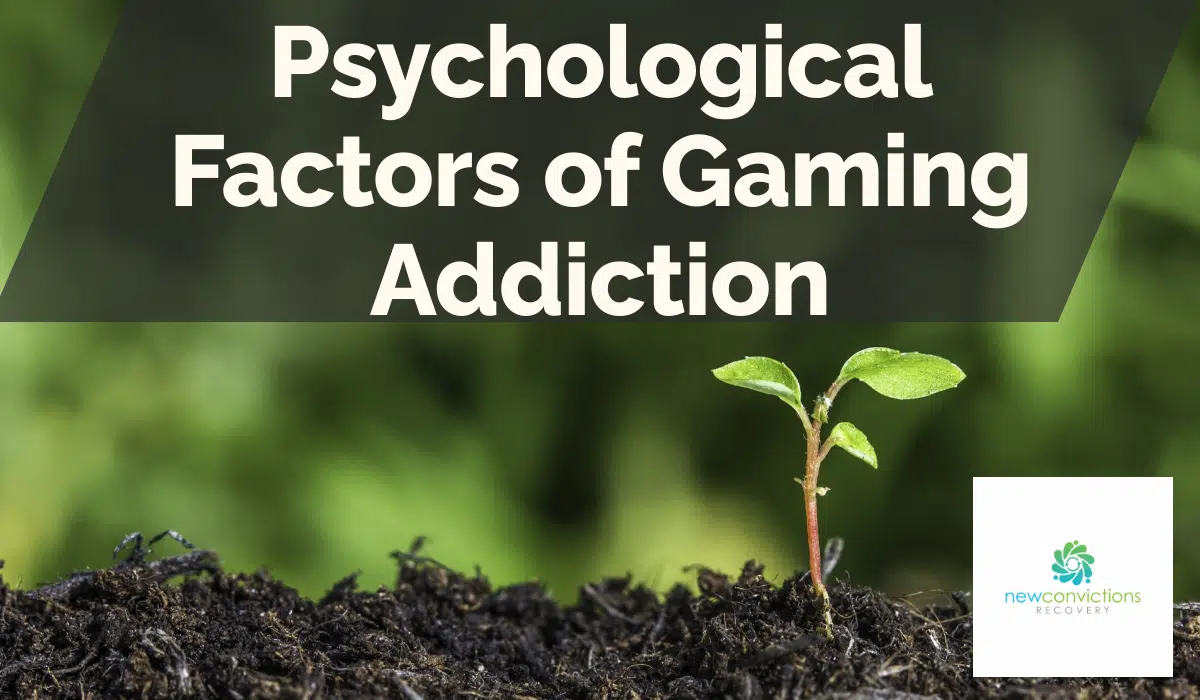Understanding Gaming Addiction
Gaming addiction, a modern form of behavioral addiction, has received increased global attention due to the potential detrimental effects it can have on individuals and their families. It’s distinguished by uncontrollable game play and the prioritization of gaming over other activities. This addiction, like others, has both psychological and social implications. However, it’s crucial to zoom in on the psychological factors that drive gaming addiction. Understanding these factors can create a foundation for individual counseling and family therapy efforts.
Psychological Factors Leading to Gaming Addiction
Multiple psychological causes contribute to the escalation from casual game playing to gaming addiction. These include escapism, achievement satisfaction, and social interaction.
Escapism
Gaming provides an immersive experience where individuals can escape from the pressures of real life. When faced with stress, psychological discomfort, or dissatisfaction with personal situations, gaming can act as a coping mechanism. However, the need to escape reality can push the individual to excessive gaming, potentially leading to addiction.
Achievement Satisfaction
Many modern games employ achievement-based mechanics that give players a sense of accomplishment. Psychological factors such as low self-esteem or a need for competence can make these achievement rewards more enticing, leading individuals to spend more time playing games to fulfill these needs.
Social Interaction
Online gaming often provides a platform for social interaction, attracting those who may feel socially isolated or ostracized in real-life settings. Unfortunately, this aspect can perpetuate gaming habits, eventually leading to undue reliance on these platforms for social interaction.
Effects of Gaming Addiction on Mental Health
Gaming addiction can lead to a decline in mental health, marked by symptoms like insomnia, social withdrawal, depression, and anxiety. The World Health Organization even classified Gaming Disorder under Mental Health Conditions in the 11th Revision of the International Classification of Diseases.
Individual Counseling and Family Therapy for Gaming Addiction
Vital steps in addressing gaming addiction include acknowledging the problem and seeking professional help. Individual counseling and family therapy play significant roles in overcoming this addiction.
Individual Counseling
Individual counseling entails working with a professional to understand the root of the addiction and develop strategies to regain control. This approach focuses on changing thoughts and behaviors, improving coping skills, and building healthier habits.
Family Therapy
Family therapy can be beneficial as gaming addiction does not only affect the individual but also impacts family dynamics and relationships. This therapy aims to promote understanding and facilitate a supportive environment for the person striving to overcome the addiction.
Conclusion
Psychological factors substantially contribute to gaming addiction, making it a multi-faceted issue that necessitates a comprehensive approach. Through understanding these factors and utilizing resources like individual counseling and family therapy, gaming addiction can be properly addressed, leading to healthier lives for both individuals and their families.

